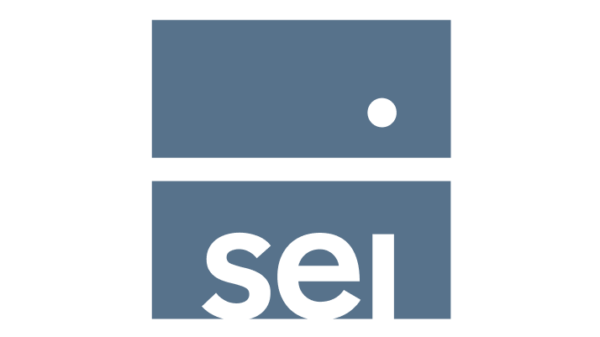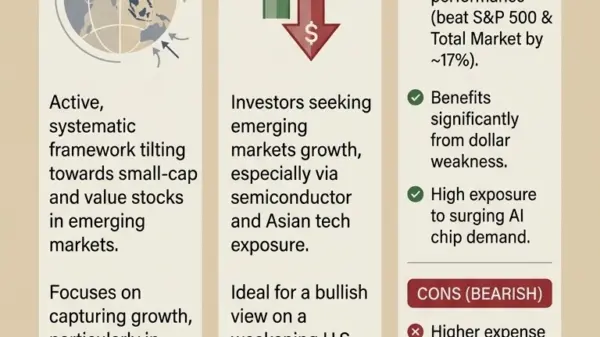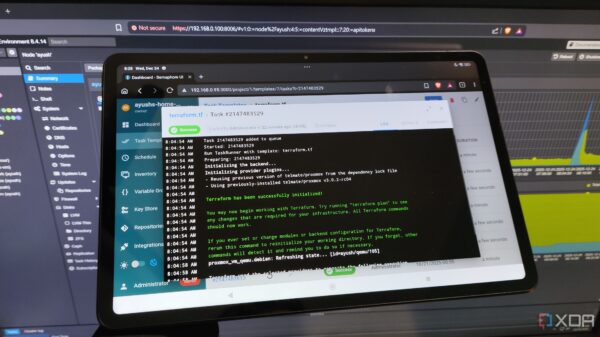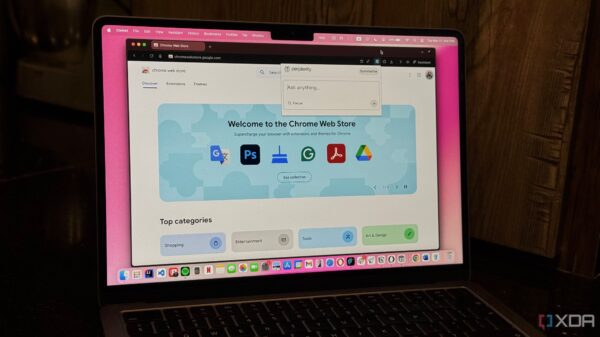URGENT UPDATE: Stanford professor and AI startup cofounder Jure Leskovec has just shared crucial tips for job seekers aiming to break into the fast-evolving AI industry. In a compelling commentary, he emphasizes the importance of building real projects and demonstrating adaptability as essential strategies for landing a role in AI.
Leskovec, who co-founded Kumo, a company specializing in AI tools for predicting business outcomes, asserts that prospective AI employees must showcase their skills through tangible work. “To get hired in AI, you need to show that you can actually do the work,” he states. This means launching projects using public datasets, deploying demos, and sharing your work on platforms like GitHub.
Participating in hackathons is another vital recommendation. “They are a fantastic way to demonstrate initiative and teamwork in a short time,” Leskovec explains. He notes that Kumo frequently holds hackathons and is consistently impressed by the creative solutions participants deliver. Even failed attempts can highlight a candidate’s curiosity and proactivity, which are highly valued in the AI sector.
As AI technology evolves rapidly, adaptability is crucial. Leskovec urges job seekers to continuously experiment with new tools and frameworks such as PyTorch and JAX. “The skills in demand today may look very different tomorrow,” he warns. Candidates should focus on learning and engaging with emerging AI concepts like GenAI and reinforcement learning.
While prestigious credentials may get applications noticed, they do not guarantee hiring. “We look for people who build things, who are adaptable and curious,” Leskovec emphasizes. During interviews, Kumo seeks candidates who can think critically and creatively, rather than merely reciting learned material.
Leskovec also highlights the importance of innovative thinking. “Your idea today could become the standard tomorrow,” he asserts. To sharpen their problem-solving abilities, candidates are encouraged to question assumptions and explore solutions that may initially seem impractical.
Moreover, he stresses that technical skills are only part of the equation. “Collaboration, empathy, and awareness of bias matter just as much as coding,” he asserts. Candidates should be able to communicate effectively and consider the ethical implications of their AI projects.
As the AI landscape continues to shift, these insights from Leskovec serve as a timely guide for those eager to enter this dynamic field. For job seekers, the message is clear: adaptability, curiosity, and effective communication are just as vital as technical expertise in securing a role at an AI company.
Stay tuned for more updates on this developing story and further insights from industry leaders.








































































